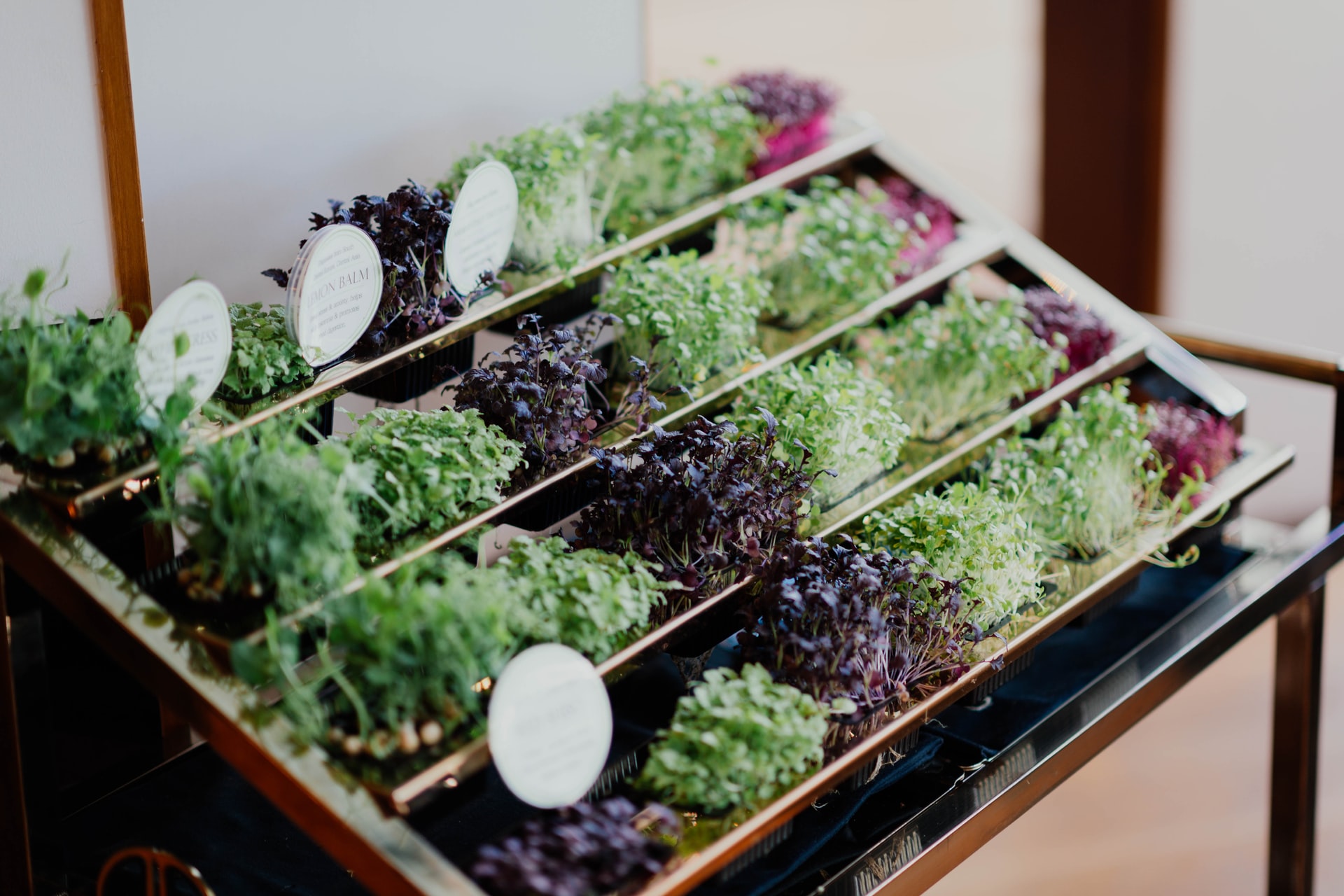Do you know who grows the food that you eat?
The truth is that for most of us the answer is no. The food supply chain is so long and so complex, that it’s almost impossible to trace where our food is coming from.
In the United States, leafy greens, such as lettuce or spinach, travel an average of 2000 miles to reach our plates, racking up food miles and polluting the environment along the way. What if there’s a better solution for getting food to the tables of city dwellers? Imagine eating fresh spinach that was grown only a few streets away from your home!
Here’s where urban farming startups are stepping up to solve this challenge by using innovation to bring agriculture to cities and make it more sustainable, more productive and even more profitable.
Let’s take rooftop farming as an example. The problem with rooftops in cities is that they accumulate heat because they’re exposed to direct sunlight. This heat then radiates back into the environment, creating so-called “urban heat islands.“
The other problem with rooftops is just the wasted space.
Rooftop farming can mitigate these issues.
To mitigate means to make something less severe or less harmful. By planting greens on a roof, you’re not only producing fresh food in the city – which cuts down on food miles, but you’re also increasing the building’s natural insulation.
In this Business English episode, we talk about three types of urban farming startups: rooftop farming, vertical farming and container farming.
In episode 27, we’ll also teach you 9 English terms you can use to talk about the advantages of urban farming.
Here are a few of the expressions we talk about in this lesson:
- to mitigate
- to retrofit
- turnkey
Here’s the episode audio.
If you want to learn more about the business model of the urban farming startups we talk about in this episode, here’s where you can find them:
Sky Vegetables – based in New York
InFarm – headquartered in Germany, but currently expanding to other European countries
Agricool – based in France
To get our episodes for free, you can also subscribe to the Smart Startup English podcast on iTunes, Soundcloud and Spotify.
If you want to keep practicing the words you’ve learned in this lesson, sign up below to get the episode transcript for free. We’ll also let you know when we release new episodes, and we’ll give you access to ten free Business English audio lessons and worksheets.
You can find Smart Startup English on Instagram, Pinterest, and Twitter
Photo by Chuttersnap via Unsplash

